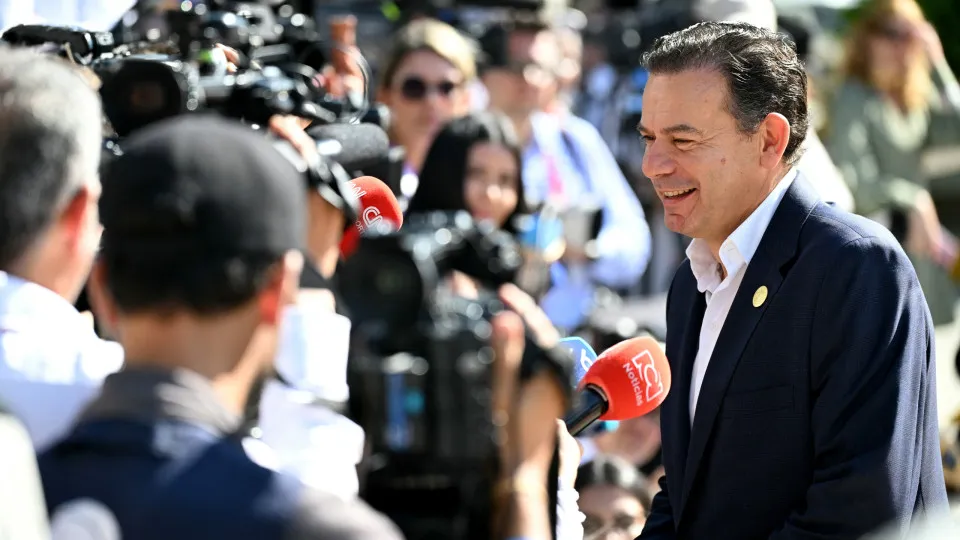
At the plenary session of the 4th summit between the European Union and the Community of Latin American and Caribbean States (CELAC), held today in Santa Marta, Colombia, Luís Montenegro emphasized that this meeting takes place “in a context of enormous challenges to stability and to a rules-based international order.”
“An international order that must adapt to these challenges and new realities, but can never forgo its fundamental values: peace, international law, human rights, and democracy,” he stressed.
Amid increasing tensions between the United States and countries like Colombia and Venezuela, Montenegro argued for “strengthening multilateralism.”
“We in Portugal have remained firm in the conviction that multilateralism represents the only effective and sustainable path to addressing global challenges,” he stated.
Luís Montenegro reiterated the need to reform the United Nations’ multilateral system, considering that this institution “faces serious challenges” and should be “more agile and efficient in staunchly defending international law and human rights.”
“And we reiterate our commitment to supporting development, without which there is no security. Therefore, greater representation in the Security Council is also an essential aspect in which Latin America and the Caribbean must play a fair role,” he affirmed.
The Portuguese Prime Minister lamented the existing trade barriers between the EU and the CELAC blocs.
“For too long, our economic and social relations have faced too many resistances, and we have lost many opportunities because of this. It is, therefore, time to focus on overcoming these resistances and advancing ambitiously to achieve better results through our proximity,” he stated.
The Prime Minister noted that Portugal is already doing this on a bilateral level, with its economy, universities, and companies open to this cooperation.
“Therefore, we have been advocating for the resolution of the matter once and for all and the conclusion of the new European Union-Mercosur Agreement. But also the modernized agreement between the EU and Mexico, and the agreements with the EU and Chile, Colombia, Ecuador, Peru, and all of Central America,” he pointed out.
In a speech of about seven minutes, during which he also addressed the importance of joint actions in combating the effects of climate change, Montenegro called for the advances achieved after the summit to move from “rhetorical declarations” to people’s lives, leaving “a very strong commitment from Portugal to a forward-looking partnership.”
“A partnership that preserves our common values, a partnership that develops greater opportunities for trade and investment, which can result in a greater capacity to generate wealth, because only by generating wealth can poverty be combated and the real interest of our citizens served,” he asserted.




